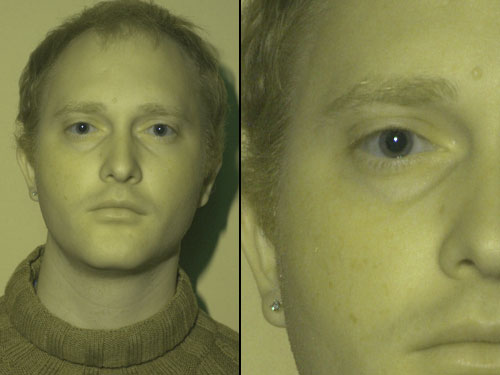Update 11/3/2009: RadioLab did a short piece in October on this phenomenon, even discussing the Mr. Bean test with the Japanese researchers: http://blogs.wnyc.org/radiolab/2009/10/05/blink/
———-
From recent research out of Japan: “The results suggest that humans share a mechanism for controlling the timing of blinks that searches for an implicit timing that is appropriate to minimize the chance of losing critical information while viewing a stream of visual events.” In simpler words, the researchers found that audiences watching movies with action sequences have a strong tendency to synchronize their blinking so that they don’t miss anything good.
I’m not sure that this is interesting in and of itself, but it’s, um, eye-opening to think that we have our eyes closed for nearly 10% of our waking life. That’s roughly 10 full minutes of every movie lost to blinking. I imagine that editors already take this phenomenon into account, at least to some extent?
Full text available available in the Proceedings of the Royal Society B – Biological Sciences. Thanks, Creative Commons!
(Via NewScientist)


